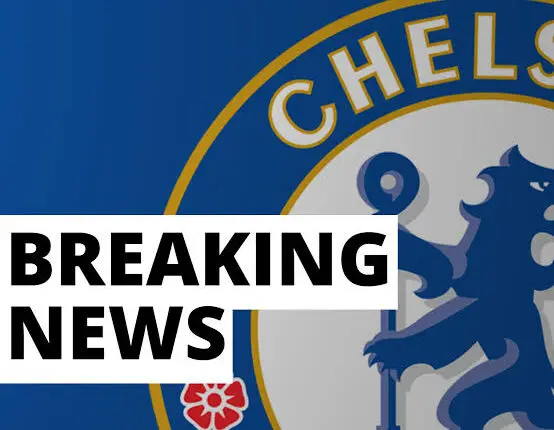“I have said this multiple times but this is the final straw. Their performance during today’s match was the last straw, especially him, he has only been a disappointment,” thundered Chelsea legend Didier Drogba after the team’s underwhelming display in their match against Benfica. His message was loud and clear: the manager must immediately bench the player, despite the fact that this individual compiled an overall performance rating of 4 out of 10 .
—
1. Context: The Game, the Player, the Performance
Going into the match, expectations were sky‑high. Fans, pundits, and even legends like Drogba hoped for a robust showing in Europe. Instead, what unfolded was a stark underperformance by one key player. Covering three nationalities and blue pride, this player’s match rating of merely 4/10 was, in Drogba’s words, **“a disappointment”** .
Even more frustrating for Drogba: this isn’t a one‑off critique. He had voiced concerns multiple times already, but Saturday’s display was the final breaking point.
—
2. Drogba’s Reputation: Big‑Game DNA
Remember, this isn’t just any voice in the stands. Drogba is Chelsea royalty: a man who delivered 10 goals in 10 finals, including that unforgettable equaliser and winning penalty in the 2012 Champions League final . When he speaks on performance, especially in high‑stakes matches, it comes with weight.
So when he warns the manager to bench a player now, that’s not frivolous commentary—it reflects deep conviction from someone who knows what “big‑game DNA” looks like.
—
3. The Impact of the Claim: Pressure Cooker
Drogba’s words cast a spotlight on the manager’s decision‑making. Should a player with limited contributions and a low rating be allowed to stay on the pitch, especially when consistency is being questioned?
Locker‑room morale could suffer—seeing a player repeatedly underperform yet retain status.
Fan sentiment may shift toward frustration, demanding higher standards.
Manager’s credibility may be challenged: can the coach spot and correct underperformance before it snowballs?
—
4. Internally at the Club: What’s at Stake
Within Stamford Bridge’s corridors, this intensifies scrutiny. Management and coaching staff must ask:
Is there a deeper reason behind this player’s low ebb—injury, confidence, tactics?
Should a public statement from a club legend trigger immediate action?
Does the manager risk appearing reactive if he benches the player now?
These are not trivial decisions—they go to the heart of team dynamics and leadership.
—
5. What Lies Ahead
A few outcomes loom:
Potential Path Implication
Bench the player immediately Sends a strong message: form matters over reputation.
Keep him in the lineup Could backfire if performance dips again—reinforces public frustration.
Drogba clearly leans toward the former, urging swift accountability. If gone unchecked, he fears a pattern of mediocrity settling into the squad.
—
6. Conclusion: Listening to Experience
Few voices carry the respect and authority of Didier Drogba at Chelsea. His call to action is rooted not in emotion, but in experience: champions don’t tolerate complacency.
“I have said this multiple times” signals a deep‑rooted concern. And then: “this is the final straw”—no wiggle room. Bench the player, shift accountability, and reignite standards. At the very least, it throws down the gauntlet: no more excuses — rise or step aside.
